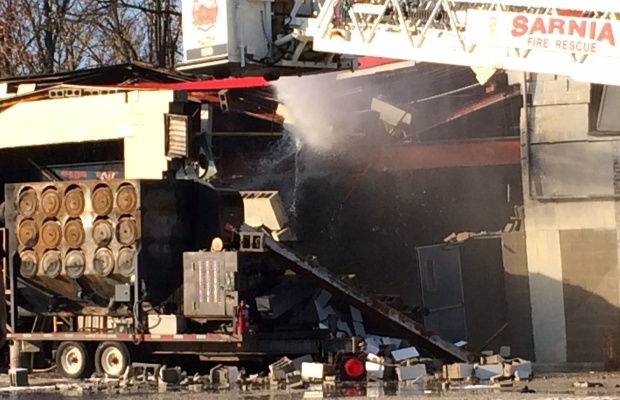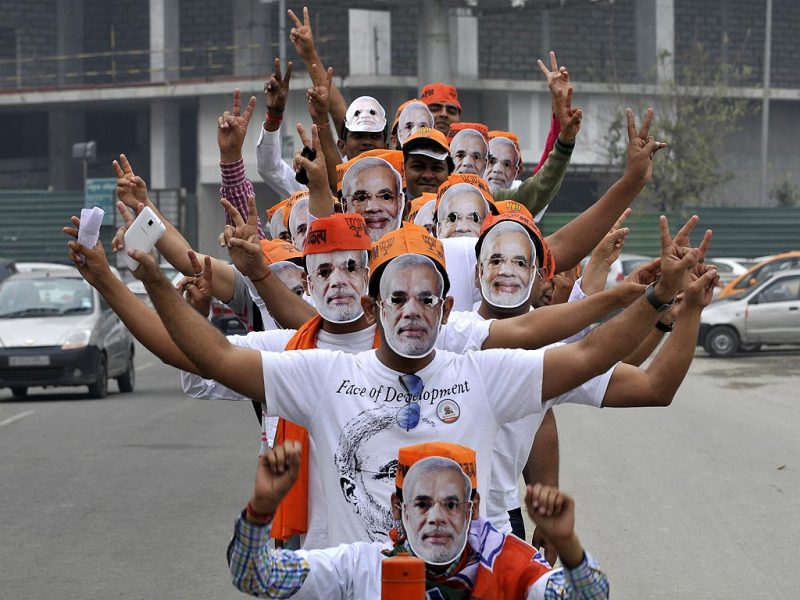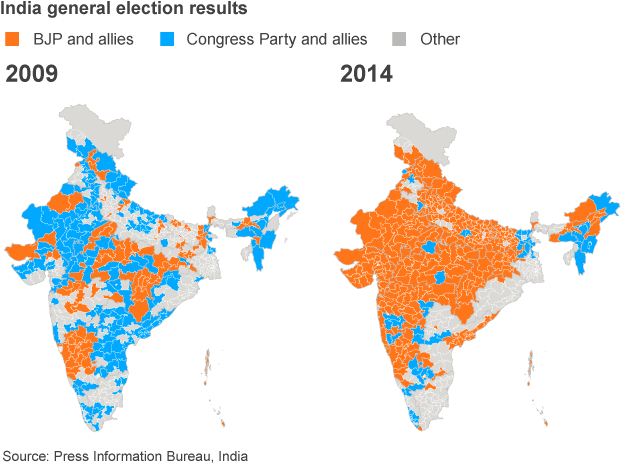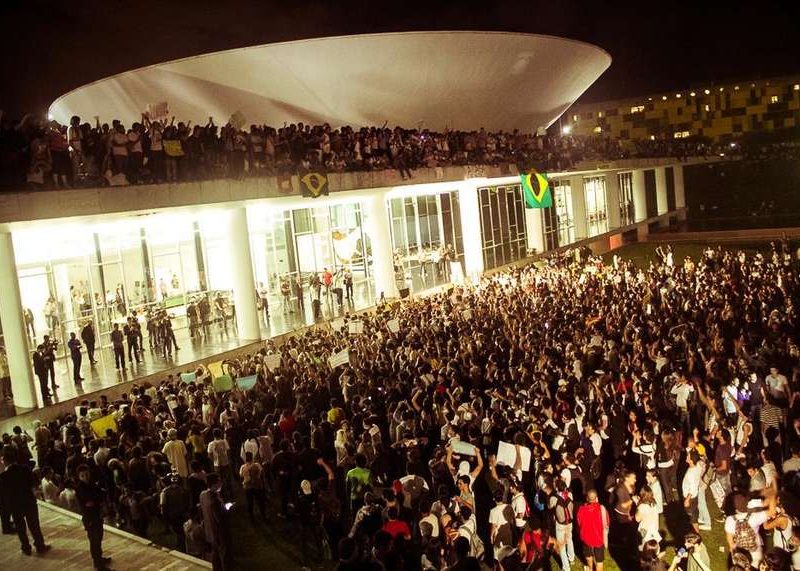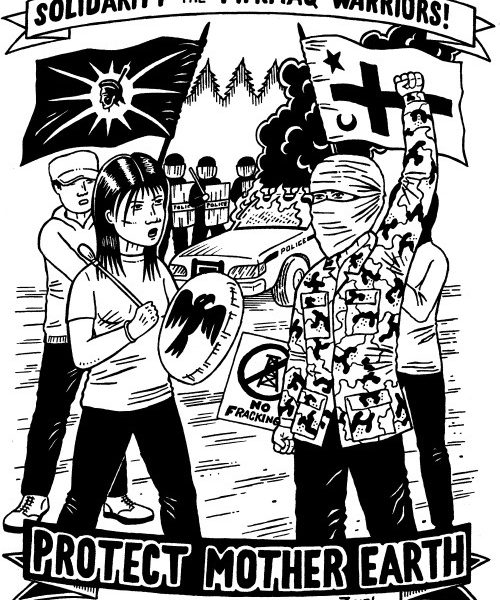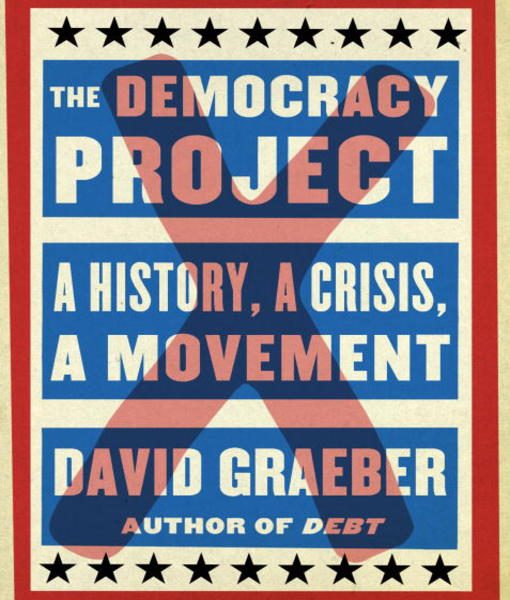By Mostafa Henaway
The recent article by David Camfield and Salmaan Khan highlights the increasing urgency to rethink the state of the labour movement. Six years after the financial crisis, organized labour is still on the defensive. Yet as the authors point out “the weakness or absence of workers’ organization reveals a movement in need of reinvention.” But we also need to think about how we rebuild a militant labour movement at the point of organizing, among the rank-and-file, and not simply look at theory and strategies. Activists and organizers need to think about reinventing the labour movement almost one worker at a time.


